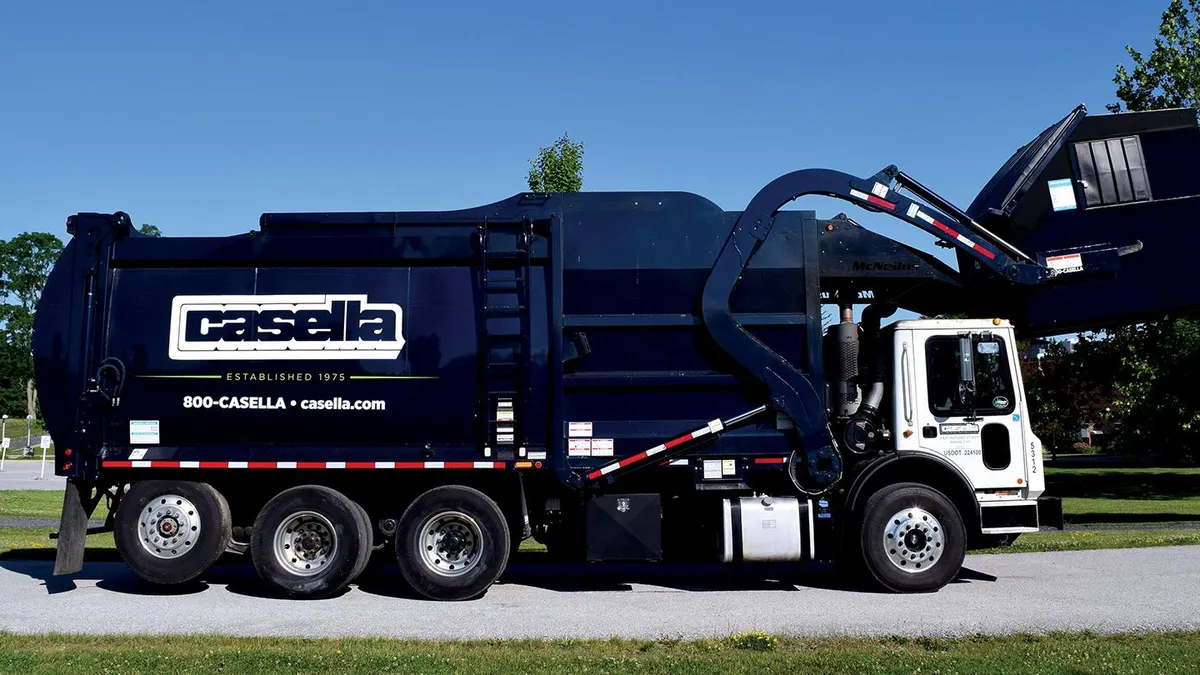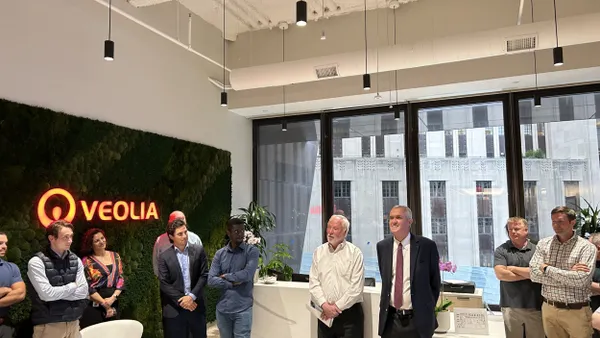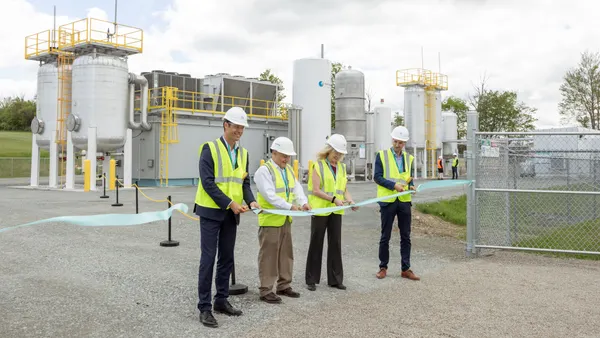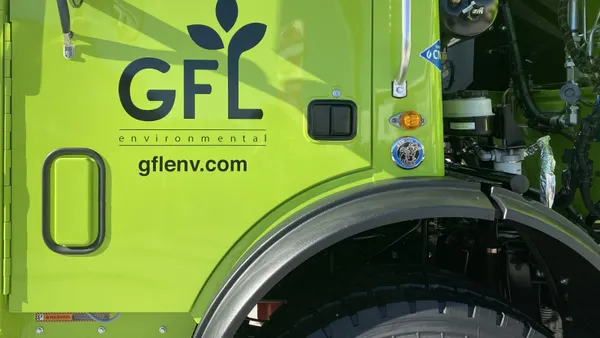2020 Earnings
| Revenue | $774.6M |
| Year-Over-Year Change | 4.2%▲ |
| Net Income | $91.1M |
Q4 Earnings
| Revenue | $200.2M |
| Year-Over-Year Change | 3.4%▲ |
| Net Income | $62.9M |
Dive Brief:
- Casella Waste Systems is continuing plans to expand its disposal capacity in the Northeastern U.S. to take advantage of a tightening market and anticipated price escalation in the region.
- During its fourth quarter earnings call on Friday, CEO John Casella said the company plans to pursue new permit approvals to further activate its McKean Landfill in Pennsylvania. The upcoming closure of the Materials Innovation and Recycling Authority (MIRA) refuse-derived fuel facility in Connecticut is one factor that could put pressure on the regional disposal market, he said.
- The company is also moving forward with other landfill expansions in the region, including ongoing development of the latest expansion at its Waste USA site in Vermont and bump up capacity at its Hyland site in New York from almost 470 tons a year to about 1 million tons.
Dive Insight:
The Vermont-based company has previewed plans for long-term expansion in the region for several years, and updates about expansions at three of its properties show those plans are now ramping up.
Casella said it plans to pull permits for expanding its McKean Landfill, which has a 1.2 million metric ton capacity but a substantial undeveloped capacity of about 30 million cubic yards of airspace, according to a recent investor presentation. The facility is also positioned on a rail line, and in 2014 the company received a state grant to build a rail siding and transfer station there for greater access to waste in the region.
The McKean expansion could potentially help position the site to be able to take on some of the 700,000 tons of waste that once went to MIRA, or take advantage of side effects from that closure. The refuse-to-fuel facility has said it will rely on out-of-state landfills in the near term to help manage some of the diverted waste as longer term solutions are considered.
The upcoming MIRA closure, along with other supply and demand imbalances in the Northeast, could mean a rise in disposal prices throughout the region by somewhere between 5% and 6%, CEO Casella said. “That should bode well for our assets,” he said.
According to new tip fee data from the Environmental Research & Education Foundation, average tip fees in the Northeast increased in 2020 by about $2.16 to about $68.69, above the national average of $53.72.
The company anticipates completing its latest expansion at the Waste USA location in Coventry, Vermont, later this year. The chief exec also mentioned plans to expand the company’s Hyland Landfill in New York, which would add 107 acres to the site and almost double its capacity. Community voters approved the plan in November.
“We're going to be there for a lot of years, and that facility will be performing at a much higher level than it is today,” he said.
Casella also reported its fourth quarter earnings exceeded expectations despite lingering effects of COVID-19-related expenses and business closures.
Casella attributed the company’s quarterly revenue growth to positive collection and disposal pricing, higher volumes in its resource solutions sector, and rollover from recent acquisitions. Higher recycling commodity prices and lower fuel surcharges helped offset some of the negative impacts of COVID-19 on the business, such as lower solid waste volumes.
The resource solutions sector, which includes recycling and organics, performed particularly well, earning $196.3 million in 2020 with revenues up 9.9% year over year in the fourth quarter.
Solid waste volumes were down 4.6% year over year in the fourth quarter and 7.2% for the year. These declines have slowed down as more commercial customers reopened or increased their services and construction ramped back up, Casella said. About 70% of Casella’s business comes from rural and secondary markets in the Northeast, and a “stable and improving” economic recovery in those areas has helped Casella recover from the lowest points of the pandemic in April through October, added Ned Coletta, chief financial officer. Other than a temporary reduction in service levels in November and December, service has evened out as of February 2021, he said.
In 2020, Casella completed 10 acquisitions worth $22 million in annual revenue. Casella has acquired one business so far in 2021, a tuck-in acquisition in Western New York worth about $4 million in revenue. While the CEO said the number was modest compared to past years, he described “substantial opportunity” for pursuing more acquisitions within a pipeline of opportunities worth about $400 million.
Looking forward, the company estimates revenues in 2021 could be between $815 million and $830 million. Net income could be between $33 million and $37 million.











